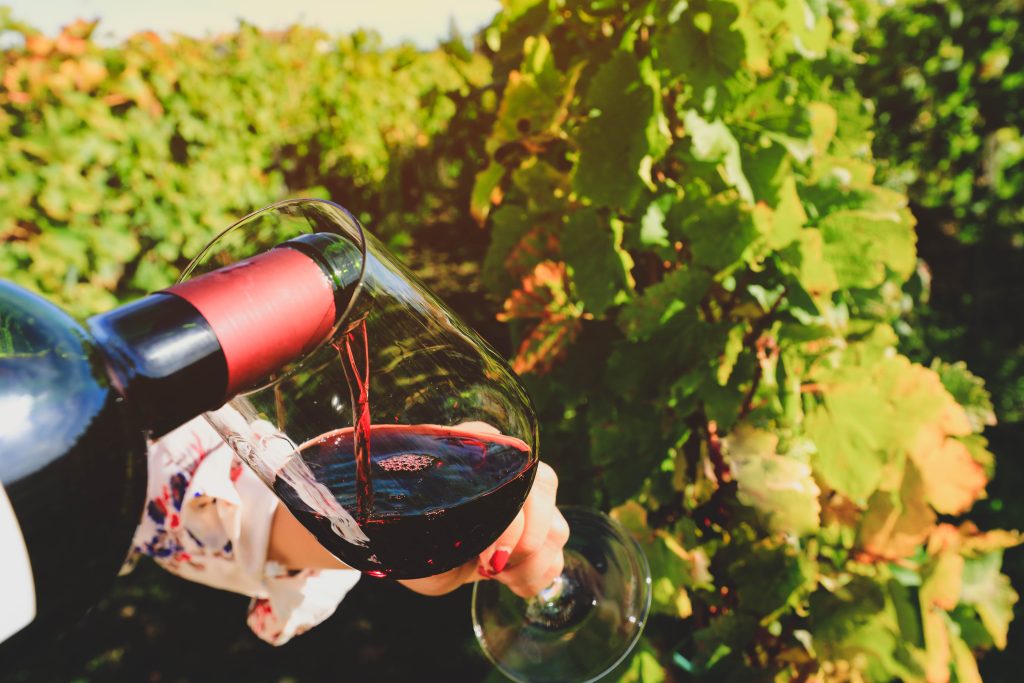This website uses cookies so that we can provide you with the best user experience possible. Cookie information is stored in your browser and performs functions such as recognising you when you return to our website and helping our team to understand which sections of the website you find most interesting and useful.
New study suggests climate change patterns are boosting wine quality
A new study from the University of Oxford has pinpointed the role of warm summers and wet winters to determine wine quality, arguing that climate change patterns are likely to lead to improved wine quality – until drought becomes a tipping point.

Using the last 70 years of critic scores of wines from Bordeaux wines combined with data on that particular year’s weather, researchers from the University of Oxford found that higher quality wine is made in years with warmer temperatures, higher winter rainfall, and earlier, shorter growing seasons — conditions that climate change is predicted to make more frequent.
The team used models to test whether wine quality was impacted by weather factors such as season length, ranges and shifts in temperature and precipitation, with the results published in the academic journal iScience, ‘Seasonal Climate Impacts Wine Quality in Bordeaux’. It look at both Bordeaux as a region, as well as looking at the yearly variation in wine quality for individual appellations.
Andrew Wood, a DPhil student with the Department of Biology at the University of Oxford, who led the project, argues that “weather drives wine quality and wine taste” – and this was not limited to just the summer ripening season.
“We found evidence that temperature and precipitation effects occur throughout the year—from bud break, while the grapes are growing and maturing, during harvesting, and even overwinter when the plant is dormant,” he said.
Previous studies have largely ignored the dormant seasons, but the team found that weather throughout the year affects the quality of the wine. It found that high-quality wines were associated with cooler, wetter winters; warmer, wetter springs; hot, dry summers; and cool, dry autumns – weather patterns that have been increasingly seen in Bordeaux as a result of climate change.
“With the predicted climates of the future, given that we are more likely to see these patterns of warmer weather and less rainfall during the summer and more rainfall during the winter, the wines are likely to continue to get better,” Wood said.
However, there is a tipping point once water becomes more limited, because if plants don’t have enough, they eventually fail. “And when they fail, you lose everything,” Wood pointed out.
Bordeaux was chosen as a test-case because the wines are not irrigated and because the region has long-term records of wine scores from critics – which although subjective to a certain extend, were agreed to have . It used wine merchant scores from 1950 to 2020 for the overall region along with wine critic scores from 2014 to 2020 for the individual AOCs. The researcher plan to test if the results apply to other wine regions, before looking at the impact of yearly weather variation and climate change on other perennial crops such as cocoa and coffee, if the long-term quality records are available.
The research was supported by the Biotechnology and Biological Sciences Research Council.

